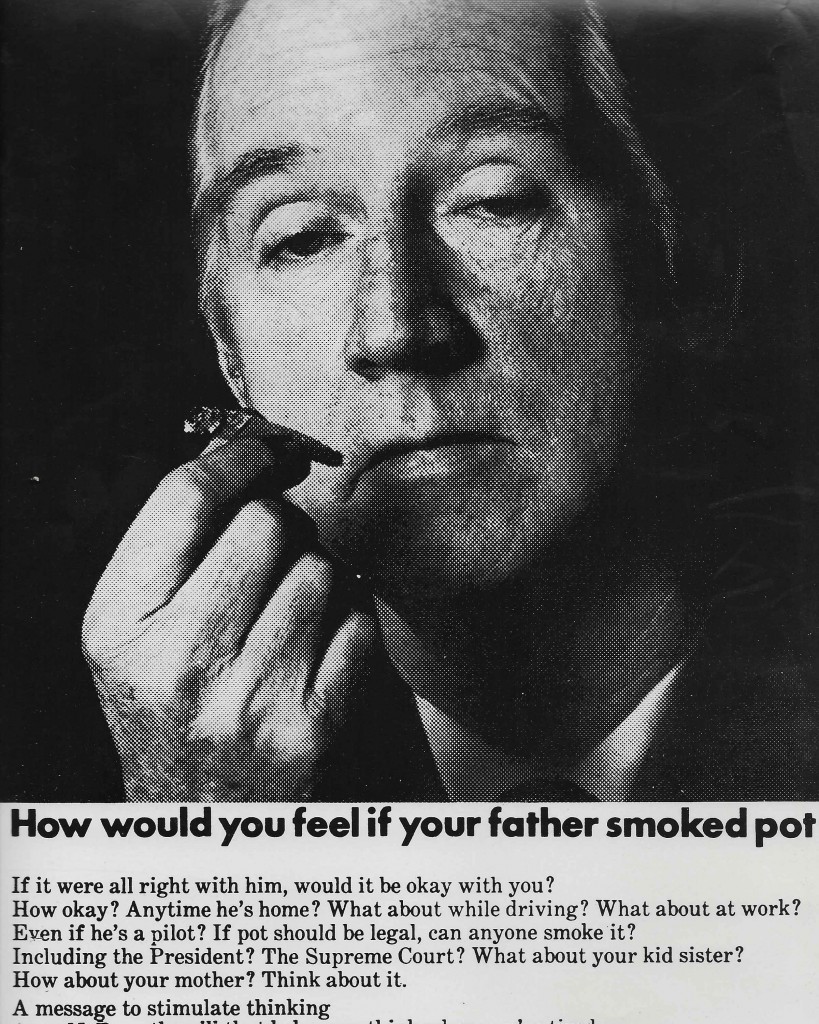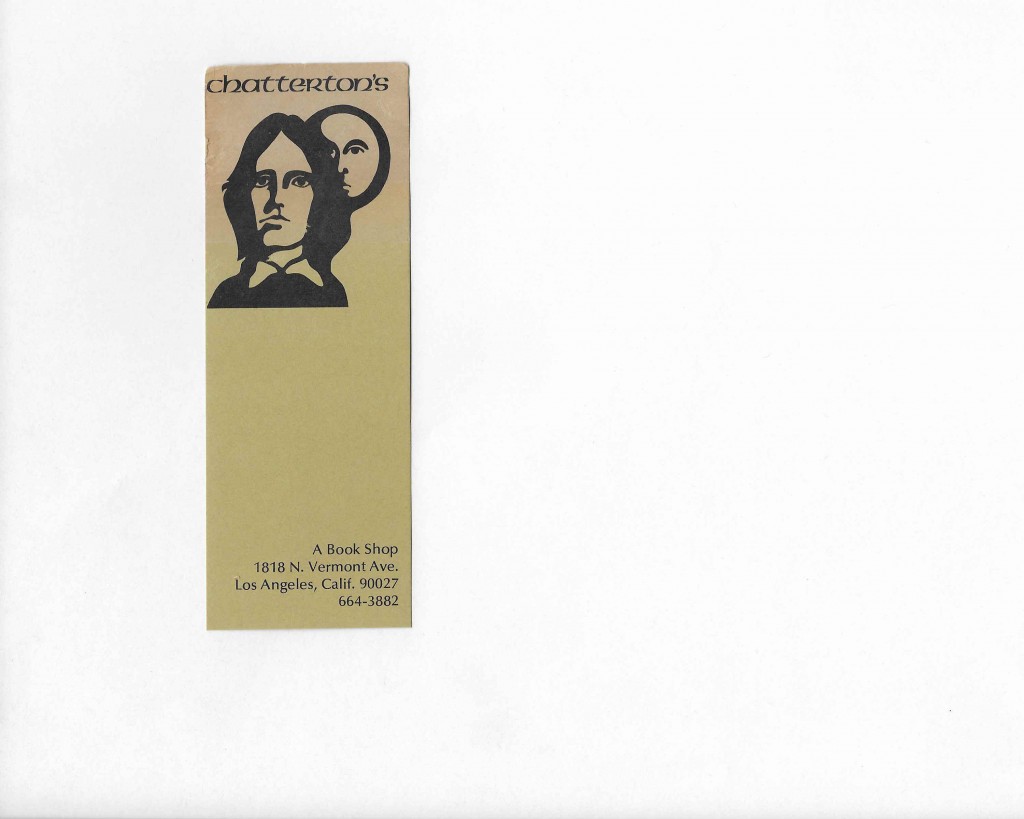Thursday, July 13, 2017 (updated on Friday, July 14, 2017; updated again, Sunday, July 16, 2017)
“I” and “Them”: Donald Trump, Jr.’s Roll-Call of Retail Politics in the Glowering Tower
In his interview on Fox News with Sean Hannity, Donald Trump, Jr. claimed that his meeting with a person acting on behalf of the Russian government was nothing more than an exploratory encounter. “I wanted to hear them out and play it out.”
The pronouns in this assertion are crucial: “I” and “them.” The former is deceptive, while the latter turns out to be accurate. Let us note that Sean Hannity did not correct Mr. Trump, Jr.’s use of the singular pronoun in the subject of that assertion. At least two other American citizens, Jared Kushner and Paul Manafort, were known to have been at the meeting in addition to Natalia Veselnitskaya, a Russian lawyer, and Rinat Akhmetshin, who has been identified as a Russian lobbyist whose background might include training as an intelligence officer. Mr. Hannity should have corrected Mr. DT, Jr. immediately: “You mean, ‘We wanted to hear them out and play it out,’ don’t you?”
The most important question for Donald Trump, Jr. is “What exactly were the three of you planning on giving them in return for the information about Hillary Clinton that was purportedly going to be dangled in front of you? ‘Play(ing) it out,’ after all, means only one thing in this context: payment of some kind for services rendered. So what was your high bid going to be, beyond which you were not willing to cough up? What was the low bid you hoped they would accept?”
Surely, Mr. Donald Trump, Jr., you don’t expect me to believe that Paul Manafort, Jared Kushner, and you showed up at this meeting without ever discussing or considering what would be asked for in return? Paul Manafort is a man who knows about getting paid for services rendered, and Jared Kushner is hardly a man who believes in selfless devotion to non-profit NGOs. Each of you perfectly understands that in politics, in which “money is the mother milk,” nothing on a scale of international importance is going to handed over in service to the ideals of the public good.
Surely, Mr. DT, Jr., you were not expecting to be given this information for free? “Opposition Research” is expensive, and the more valuable and damaging it is, the more expensive it will be. So what was your budget, and how is it you arrived at that budget? How could you not have calculated the bottom line in advance of the meeting? Surely you understood that the amount of money and effort already expended by the providers of this information would be a sum that would need exponential repayment in order to compensate them for the risks they took in engaging in dubious practices themselves, for as you well know — all espionage ultimately involves blackmail and bribes. Or did you honestly believe that this information had been turned up by someone in Russia who merely typed the words “dirt on Hillary Clinton” into her computer’s browser, and presto! It all popped up without having a pay a single ruble to a hacker.
Your statements make it sound as if you showed up just to find out what information was available, and if so, then and only then would you inquire about the price. Once again, I find that incredibly implausible. If a piece of real estate you are very interested in becomes available, something you explicitly say “you love,” you know down to the penny what it might be worth in the long run, and you have a fairly solid idea of how you would assemble and package the funds that would pay for it. “Opposition research” on Clinton was prime political real estate, and as always it’s location, location, location. In this case, the location is Moscow, and going into this meeting, you knew perfectly well who the escrow company was.
Or did you think you would play the role of naïve amateurs? Were you planning to say, “Oh, did you want something in return for this information?” If so, what you expecting them to ask for? Please don’t tell me, under oath, that you weren’t expecting them to ask for anything in return.
With high stakes negotiations foremost in your anticipation of a positive outcome, how can you characterize your participation in this meeting as anything other than scandalous? To get to the bottom of your apprenticeship in espionage, how much money was available in a slush fund drawer at the Trump Tower to serve as a down payment on this information? Or was it already in an attaché case next to one of you? It’s hard not to imagine well experienced entrepreneurs showing up for a potential game-changing appointment not prepared to do business. It’s always possible, of course, but since your good friend and colleague Jared Kushner failed to list this meeting on his list of contacts with foreign nationals when he applied for his security clearance, you’ll forgive me for suspecting behavior that you would not wanted recorded and broadcast, unedited, on a reality TV show.
And now for the “them” part of DT, Jr.’s statement: “I wanted to hear them out…” If Mr. Hannity had noticed the plural, he would have expressed curiosity as to why Mr. Trump did not say, “I wanted to hear her out.” If he had done so, perhaps his stature as a journalist might improve slightly, for Mr. Trump’s response that someone else representing the interests of Vladamir Putin was in the room in addition to Ms. Veselnitskaya would have been a notable scoop. In point of fact, another person accompanied her, and Mr. Rinat Akhmetshin was not present simply to be a quality control monitor of the refreshments that were served. Was Mr. Akhmetshin on the phone, too, to the same extent that Paul Manafort was alleged to be? If so, his phone as well as Mr. Manafort’s, should have their activities at the time of this meeting made a matter of public record.
These are questions that I would like one of the Senators from California to ask Mr. Donald Trump, Jr. when he shows up to testify in Congress about the meeting of Manafort, Kushner and himself with Natalia Veselnitskaya and the person assisting her in these negotiations.
Finally, I find to my amazement that Charles Krauthammer and I agree on something, and I would urge all readers to read what a profoundly conservative voice has to say about this matter:
“What Donald Jr. — and Kushner and Manafort — did may not be criminal. But it is not merely stupid. It is also deeply wrong, a fundamental violation of any code of civic honor. I leave it to the lawyers to adjudicate the legalities of unconsummated collusion. But you don’t need a lawyer to see that the Trump defense — collusion as a desperate Democratic fiction designed to explain away a lost election — is now officially dead.” — Charles Krauthammer
https://www.washingtonpost.com/opinions/bungled-collusion-is-still-collusion/2017/07/13/68c7f72a-67f3-11e7-8eb5-cbccc2e7bfbf_story.html?hpid=hp_no-name_opinion-card-e%3Ahomepage%2Fstory&utm_term=.31143767e1e9
FOOTNOTE: In my fourth paragraph, I wrote: “Paul Manafort is a man who knows about getting paid for services rendered…” For more details about the employment history of Donald Trump’s former campaign manager and how he was compensated for his lobbying efforts on behalf of the former President of Ukraine, Viktor F. Yanukovych, and his Party of Regions, see the following article:
It has been alleged that Mr. Yanukovych absconded with at least one billion dollars during his political career, before he was forced out of office. One possible indication of the presence of an “off-the-books” political economy is that the Party of Regions reported less money being spent for its operations than Mr. Manafort reported receiving as income. There is no proof whatsoever at this point Mr. Manafort was aware of this discrepancy or that he knowingly took money that might in some way be tainted. Mr. Manafort, however, is manifestly alert to the correlation of work done and compensation paid upon demand.



 About Bill Mohr
About Bill Mohr